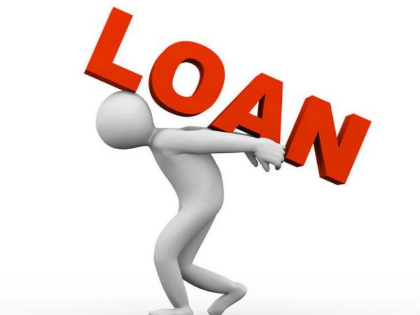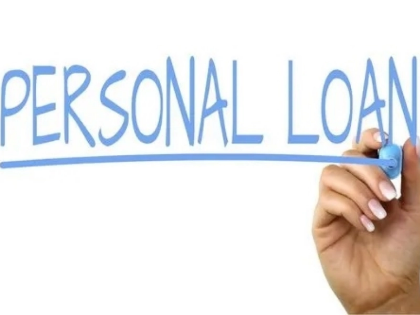The Mortgage Co-Signer's Handbook
Cosigning a mortgage can be a significant obligation that could strain your bond with the house buyer. Not to mention, it can lower your credit score and make it harder for you to get financing in the future.
Missed mortgage payments might have an effect on your debt-to-income ratio and will appear on your credit record. Before agreeing to cosign a mortgage, take into account the following:
1. Recognize the requirements of the lender.

Cosigning someone else's mortgage entails serious financial obligations. If the loan is not repaid, not only do you assume the liability, but your credit score will also be impacted. Before authorizing a cosigned loan, mortgage lenders take into account a variety of requirements, such as the borrower's income, assets, debt-to-income ratio, and work history.
Although there are clear advantages to cosigning someone else's mortgage, you should carefully weigh the dangers before accepting this responsibility. It might be challenging for primary borrowers to be approved for a mortgage on their own because of heavy debt, bad credit, or inconsistent work. In this situation, a cosigner with a good credit history and stable finances can assist them in being granted the mortgage they desire. A cosigner won't, however, be the owner of the property. They serve only as the loan's guarantor. Once the mortgage is fully paid, the lender removes their name from the title.
2. Recognize your choices.

Although it's a large responsibility, co-signing a mortgage can be a terrific way to help someone in need. If the borrower defaults on the loan, you are legally obligated to repay the debt, which may have a negative impact on your credit score.
You could eventually be able to get out of the loan, depending on the lender. However, this is typically only feasible if the borrower requests and the lender grants your removal from the loan.
A mortgage lender's decision about co-signing will be influenced by two additional criteria in addition to the lender's requirements:
3. Find out whether the principal borrower can pay the mortgage by themselves.

When granting mortgage loans, lenders consider the debts, income, and credit histories of the applicants. It may be challenging for a borrower to be approved for a loan or to acquire an inexpensive interest rate if they have a lot of debt, little income, or shaky credit. A cosigner can strengthen an application by enhancing the applicant's resume.
When assessing an application, the lender will check the credit of both the applicant and the cosigner. If there are any late payments or mortgage defaults, this could negatively impact the credit scores of both partners in the near term.
Ultimately, in the event that something goes wrong, you are legally required to repay the debt. Make sure the primary borrower can afford to make a mortgage payment on their own without your help in order to avoid taking on that obligation. This can require them to wait until their financial situation improves or modify the amount of the loan. As an alternative, they may need to look into programs like loans designed for first-time homebuyers with less than perfect credit. In terms of the conditions for qualifying for a mortgage, these loans frequently provide greater flexibility.
4. Make sure the co-signer is confident in the primary borrower’s ability to repay the loan.

Generally, co-signers are required to take full responsibility for loan repayment. They must be of legal age, have a good credit score and have a stable income. Lenders will consider their debt-to-income ratio as well. In addition, if the mortgage goes delinquent or is ultimately foreclosed on, the co-signer will be held responsible for making the payments and may face a negative impact on their own credit score.
As a result, a borrower should only consider co-signing for a home loan if they’re confident that they can make the necessary payments on time without relying on a co-signer. If they’re not, they should seek out other options to help them qualify for a mortgage, such as improving their credit score or selecting a smaller property that they can afford on their own. The last thing they want is for their financial status to be negatively impacted by a delinquent or foreclosure mortgage. In that case, they could be left with a lot of debt that they may not be able to pay off.










